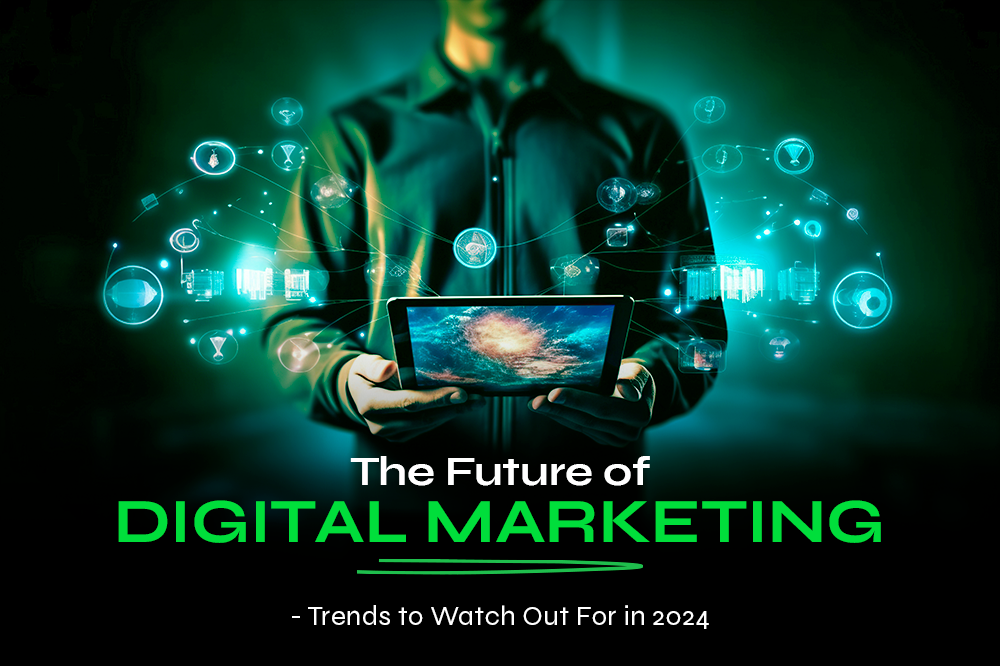
The Future of Digital Marketing: Emerging Trends to Watch
The digital marketing landscape is evolving at an unprecedented pace, fueled by rapid advancements in technology and shifting consumer behaviors. As businesses strive to stay ahead in this competitive space, understanding the emerging trends is crucial. This article delves into the future of digital marketing, highlighting key trends shaping the industry and offering insights on how marketers can leverage them effectively.
1. Artificial Intelligence (AI) and Automation
AI-powered tools are revolutionizing digital marketing by enabling hyper-personalization, predictive analytics, and efficient customer interactions. From chatbots delivering 24/7 customer support to AI algorithms optimizing ad performance, automation is becoming a cornerstone of marketing strategies.
2. Voice Search and Smart Assistants
With the increasing adoption of voice-enabled devices like Amazon Alexa and Google Home, voice search is reshaping how users find information. Marketers must optimize their content for voice queries, focusing on conversational language and long-tail keywords.
3. Video and Interactive Content
Video content continues to dominate online platforms, but the future lies in interactive formats such as 360-degree videos, live streams, and augmented reality (AR). These formats enhance engagement and provide immersive brand experiences.
4. The Rise of Influencer Marketing 2.0
Influencer marketing is evolving, with a shift towards micro and nano-influencers who have niche audiences and higher engagement rates. Authenticity and transparency are becoming the pillars of successful influencer campaigns.
5. Data Privacy and Ethical Marketing
As consumers become more conscious of their data privacy, regulations like GDPR and CCPA are shaping how businesses handle user data. Building trust through ethical marketing practices and transparent data usage policies will be paramount.
6. Blockchain in Marketing
Blockchain technology offers solutions for issues like ad fraud and transparency in digital advertising. By providing secure and verifiable transactions, it ensures better accountability in ad spend and campaign performance.
7. The Metaverse and Virtual Experiences
The metaverse is opening new opportunities for brands to create virtual experiences. From virtual stores to interactive events, marketers are exploring ways to establish their presence in this emerging digital realm.
8. Sustainability and Purpose-Driven Marketing
Consumers are increasingly aligning with brands that prioritize sustainability and social responsibility. Highlighting your brand’s values and commitment to environmental and societal causes can foster deeper connections with your audience.
9. Programmatic Advertising
Programmatic advertising is becoming more sophisticated with AI-driven systems that offer precise audience targeting and real-time optimization. This trend ensures higher ROI and more effective ad campaigns.
10. Predictive Analytics and Big Data
Leveraging big data and predictive analytics enables marketers to anticipate consumer behavior, tailor content, and enhance decision-making processes. The ability to predict trends and preferences will define competitive advantages.
Conclusion
The future of digital marketing is both exciting and dynamic, offering limitless opportunities for innovation. Businesses must remain agile, embracing these emerging trends to create impactful, customer-centric strategies. As technology continues to advance, staying informed and adaptive will be the key to thriving in this ever-changing landscape.
